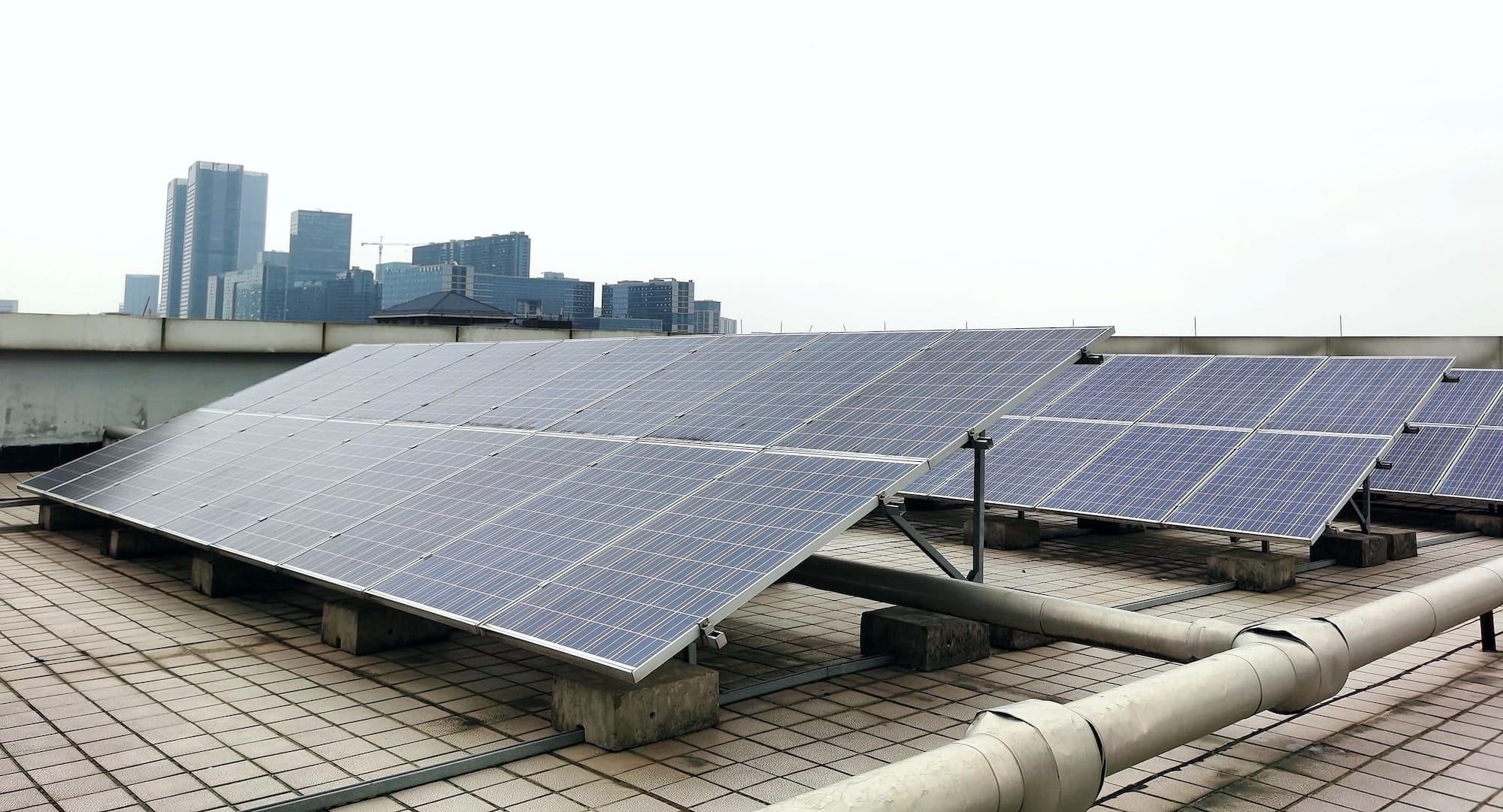Solar panels work like a charm, converting sunlight into electricity without any noise or air pollution. It's a simple yet profound solution, harnessing the sun's power to create clean, sustainable energy for our homes and businesses.
Reaping the Rewards: Advantages of Solar Panels
The benefits linked with the adoption of solar panels are manifold, contributing not only to your pocketbook but also to the planet. Firstly, let's discuss the financial aspect. Utilizing the Sun's energy to power your home or business can significantly reduce your monthly energy bill. If your solar panel system is large enough, you may even produce surplus energy, which can then be sold back to the power grid in many areas.
From an environmental standpoint, solar panels are a clean and green source of energy. They contribute significantly lower carbon emissions than traditional forms of electricity generation. By installing solar panels, you're essentially creating your own renewable energy source that not only reduces reliance on fossil fuels but also decreases greenhouse gas emissions. Moreover, solar energy doesn't require water to process, which makes it more ecologically considerate than many other energy sources.

Green Energy and Savings: Why Solar Panels are a Smart Choice
One might ask, why are solar panels a smart choice? To start with, they allow you to harness the power of the sun, a virtually limitless and completely free energy source. This is an eco-friendly option that reduces reliance on conventional sources of electricity that contribute to air and water pollution through the burning of fossil fuels. Not only does this help to conserve resources, it also helps cut down on harmful emissions that contribute to climate change.
Financial savings is another compelling reason to consider solar panels. Once the initial cost of installation is covered, the energy they generate is practically free. Given that the lifespan of a solar panel can be 25 years or more, this equates to significant long-term savings on electricity bills. Additionally, depending on where you live, there may be various government incentives and tax benefits available that can further offset the cost. In simplest terms, solar panels are a smart choice if you care about your wallet and the environment at the same time.
Exploring the Variety: Different Kinds of Solar Panels
When it comes to choosing solar panels, it's important to know that there are several different types, each with its unique benefits and limitations. Monocrystalline, polycrystalline, and thin-film solar panels are currently the most widely used. Monocrystalline panels are highly efficient and long-lasting, though they tend to be the most expensive. Polycrystalline panels cost less but are slightly less efficient.
Then there's the third option, thin-film solar panels. These are the least expensive and easiest to produce, but they're also the least efficient of the three. However, they can be a good choice if you have a lot of space to install them or if you need a flexible installation. They're also the best choice if aesthetics are a key consideration for you, as they have a sleek, homogeneous look that many people find appealing. Remember, no one type of solar panel is the "best" — it all depends on your specific circumstances and needs.

